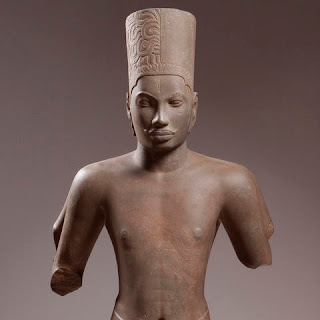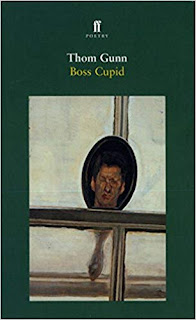Connor and Seal, Jee Leong Koh

Jee Leong Koh’s latest book feels like a work that has been waiting to hatch for many years. It is a new departure, Koh has never repeated a concept, but it is, at the same time, a book that brings to focus two longstanding concerns. The first of these is poetic and the second of these is personal. Ever since Payday Loans (2007), Koh has been asking a question about poetry: does a poet learn best by inhabiting a set form or by wandering from one form to another? Is life a contained house like Dickinson or an open road like Bishop? The toing and froing can be seen in Payday Loans , a sonnet series, Equal to the Earth (2009), a variety of forms, then back to a series of ghazals in Seven Studies for a Self Portrait (2011) . In Connor and Seal, the two threads interweave: Part One adopts highly varied forms; Part 2 adheres to a single form. The result is a book built from loose observations and tight reflections. Taken together, the two parts make a blistering whole. The narrat





